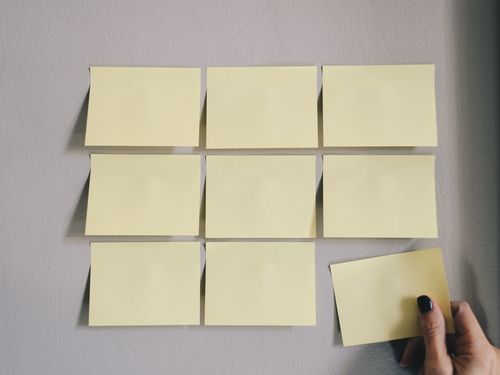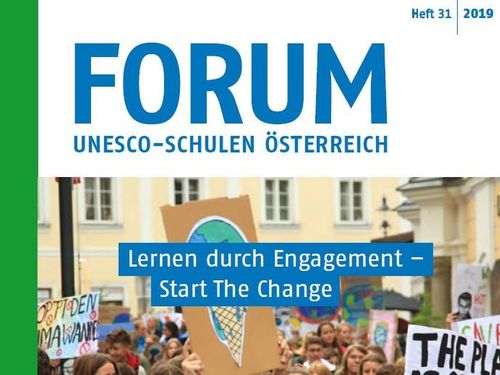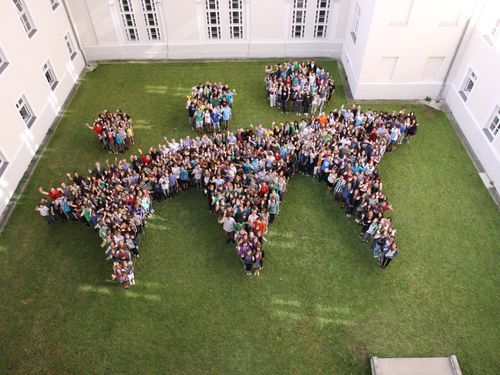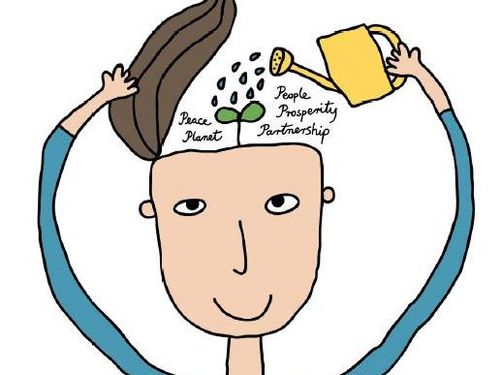The UNESCO teaching materials "World Heritage for Young People" provide teachers with resources and suggestions concerning the most important aspects of World Heritage education on an interactive and interdisciplinary basis: pedagogical approaches to World Heritage, the World Heritage Convention, identity, tourism, the environment, and the culture of peace in relation to World Heritage, as well as the corresponding documentation and working materials.
read moreMonuments and collections of objects are not the only aspects of cultural heritage; it also includes intangible knowledge, such as traditions or living expressions inherited from our ancestors and passed on to our descendants. Moreover, intangible cultural heritage (ICH) enriches the relevance of educational programmes and promotes the appreciation of cultural diversity as well as the role of culture in sustainable development, a key aspect of SDG 4.
read moreThe Global Sustainability Agenda contains 17 Sustainable Development Goals (SDGs). These are "integrated and indivisible, and take into account in a balanced way the three dimensions of sustainable development: economic, social and environmental." Education is the only way to ensure successful implementation of the entire Global Sustainability Agenda.
read moreOpen educational materials for teaching, learning, and research are an opportunity to promote inclusive knowledge societies and high-quality education for all people. For this reason, UNESCO adopted a recommendation on Open Educational Resources in 2019, which is currently gaining particular importance against the backdrop of the pandemic.
read more
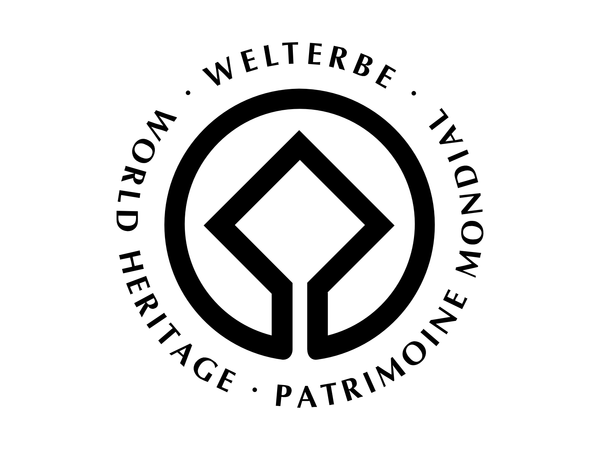
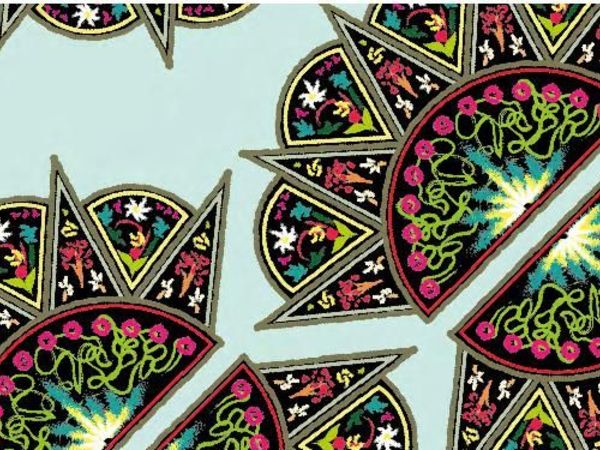
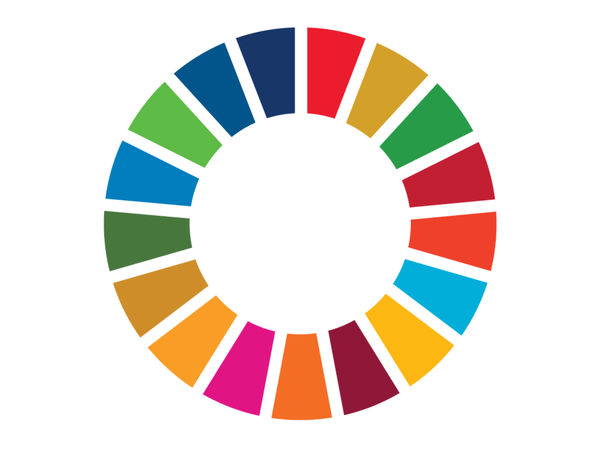
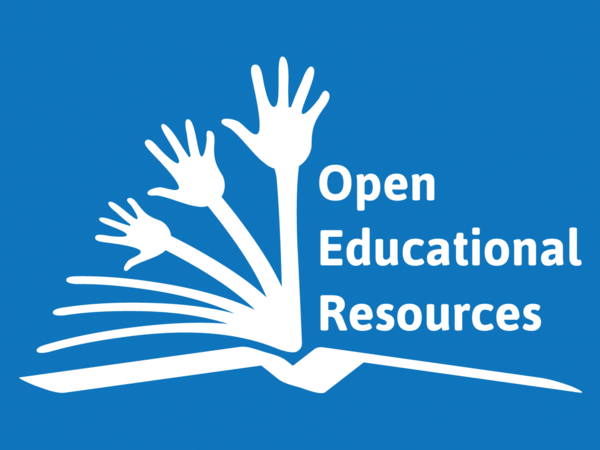
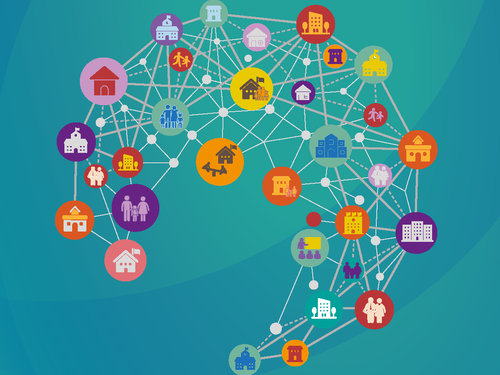

![[Translate to English:] [Translate to English:]](/fileadmin/_processed_/2/f/csm_UNESCO_PlakatHRS_SUJET_4cfdac46c7.jpg)
